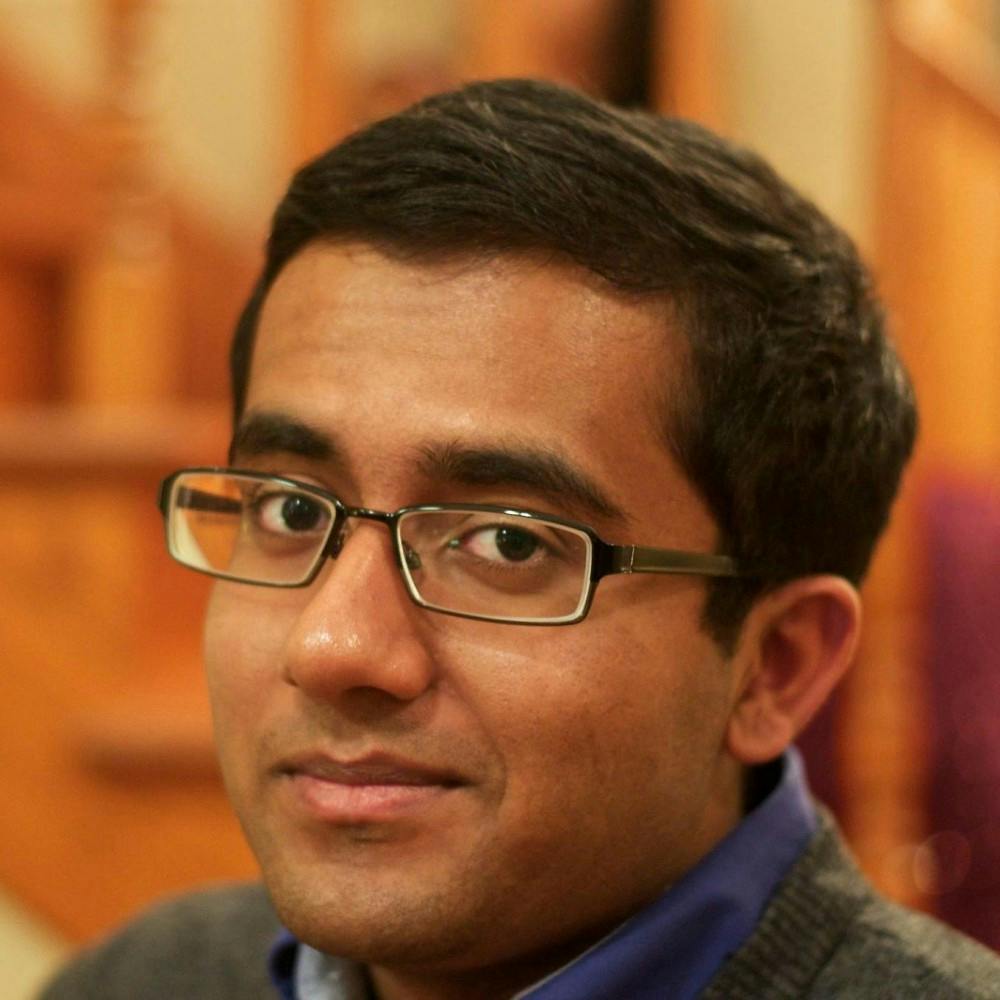On final move out day, campus is bustling with activity as a majority of students leave one by one for summer. Within a week, campus is a desert. After commencement has taken place, the class of 2016 leaves campus with their heads held high and the campus is naked with no students lingering around. The sun of summer life has risen on AU’s campus and it will not set till freshmen move-in in August.
Life on AU’s campus in the summer is something far different than the experience of the fall and spring semesters. Almost no one is around - I mean absolutely no one. The quad is empty. The residence halls do do not bustle with the usual flow of AU students. Life for AU students who choose to live on campus during the summer is far different.
When you check-in and move-into your room, there is no RA to greet you and remind you about the mandatory floor meeting, where you can meet your floormates. Instead, there are Conference Assistants situated across campus tasked with general security and upkeep of the residence halls. There are no floor decorations or floor themes, just a board that informs you about sights in DC and the timings of campus eateries. In the laundry room, strangers come in and out. Cooking, as well, is a single affair.
You then realize that campus life during the summer is not like how it is during the semester. You take a stroll outside and realize it's empty. The quad, once populated with people “quadding” after class just a few weeks ago, is sparse. You can see green lawns for miles. AU is a ghost town in the summer. What is missing here? A sense of community.
How can AU create a sense of community during the summer? The fact that campus diversity in the summer is different than during the academic year should be capitalized. During the summer, AU students stay on campus because they are interning or working in DC or taking classes at AU. However, they are not alone. Students from a variety of other colleges and universities choose to stay at AU as they intern or work in DC. This fact can be used to bridge the gap in community AU faces in the summer.
Events and outings can be organized to help AU students engage with peers from other schools who stay on campus: perhaps a night out to a Nationals game or a Wizards game, or how about night monumenting or a trip to Dupont Underground? It is possible to establish a sense of community in the summer if we are willing to work towards it. Some may argue that meeting people is a no brainer, engaging with students from other schools is not too hard and organized events and outings are a waste of time. But ask yourself this: how many GW, Georgetown, or UMD students have you met during the school year? The hard reality is that we do not interact with students from the DMV area as much as we think.
Interaction through events can bridge the solitude and loneliness that some feel on campus during the summer. Furthermore, this can not only spark friendships and memories, but also help young professionals from US schools and ones from abroad exchange ideas or information they may have to help create clubs, research opportunities etc. at their respective schools in the semester. Working towards bridging the gap can help make an AU student or student from another college’s DC experience better.
Nothing can change how empty campus looks, however it does not have to feel that way. A sense of community can help one break free from daily stresses of working and interning. You do not have to come back to just a place to sleep after your day of interning or working, but can go home to a place of sanctuary where you feel at ease with others and know that someone else has your back. AU is not a hotel, but more than just a bed and shower. It is a place meant to be someone’s home away from home.
Sameer Chintamani is a rising senior in the School of International Service and was a Resident Assistant in Anderson Hall during the 2015-2016 academic year.





